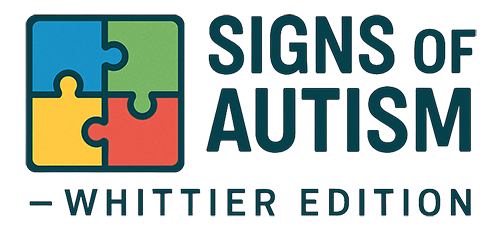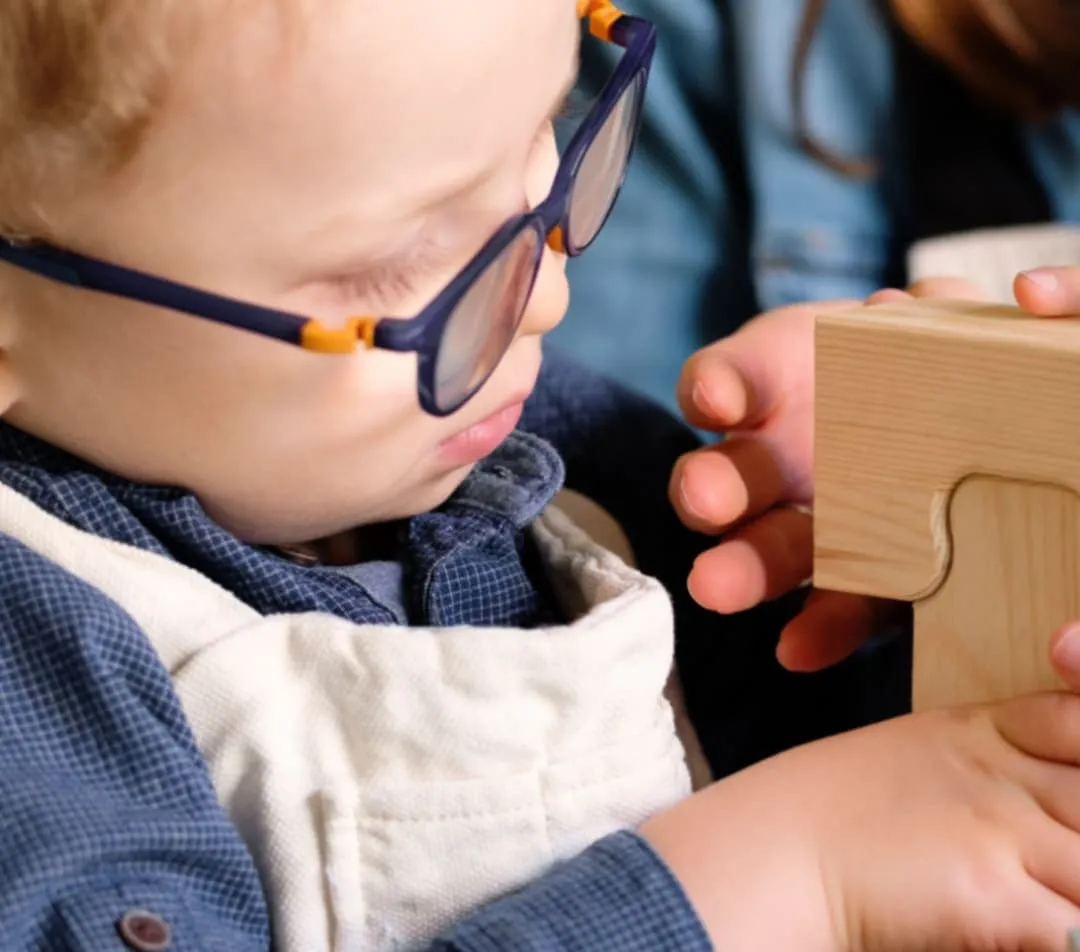Recognizing Early Autism Signs: A Guide for Parents
Understanding the Indicators and Importance of Early Detection

Iman Diaz
Jul 15, 2025
Autism Spectrum Disorder (ASD) is a developmental condition impacting social skills, communication, and behavior.
Spotting early signs of autism is vital for effective intervention and ongoing support.
Indicators may appear as limited eye contact or a lack of response to their name by six months.
By one year, children may not use gestures like waving or pointing, and repetitive actions such as hand-flapping or rocking can be present.
These behaviors vary—some children show several, while others might display only a few.
Professional evaluation is crucial for an accurate diagnosis.
Early detection enables tailored therapies focusing on communication, social interaction, and behavioral skills, significantly helping children’s development.
Parents and caregivers should promptly consult healthcare professionals if they notice these signs, ensuring children get the necessary support.
